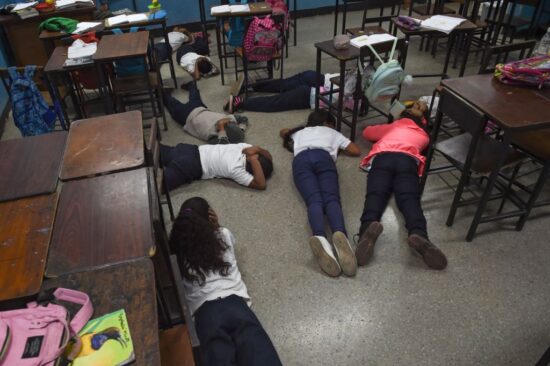Southern Baptists affirm tax policies that incentivize charitable giving. Both families and government hold an interest in charitable giving so that the voluntary sector of our nation realize its fullest potential. The institutions of a healthy civil society–houses of worship, poverty relief, education, the arts, and more–depend on charitable giving. Therefore, we object to any tax policy that would have a chilling effect on charitable giving. We urge Congress to extend the Charitable Deduction to 100% of taxpayers, not just those who itemize.
The beneficiaries of the Charitable Deduction are those served by charity. Institutions of civil society remind us we are not merely economic units managed by a government bureaucracy. Rather, we have obligations to one another as neighbors. In an era where government budgets are already under high pressure, the last thing lawmakers should do is risk the viability of private sector charity. When private sector charities reduce or cease operations their clients have few options other than to join government social service programs, which in turn burdens government budgets.
Tax policy influences giving behavior. The Charitable Deduction is the only deduction for which the taxpayer receives no other material benefit (compared with the mortgage interest deduction or tuition deduction). The deduction simply encourages voluntary financial giving. Many people donate to charity because of moral or religious motivations, but research confirms that charitable giving still responds to government policy, particularly when incentives for giving are reduced. Without the Charitable Deduction, taxpayers will continue to give, but they will likely give less.
Current proposals for tax reform will eliminate an important incentive for charitable giving. Taxpayers must first itemize their tax return in order to claim the Charitable Deduction. An increase in the Standard Deduction will provide welcome relief to many taxpayers, but current reform proposals in the House and Senate drastically reduce itemizing taxpayers and therefore reduce those incentivized to give more to charity. Under current proposals, less than 5% of taxpayers would be able to claim the Charitable Deduction.
The ERLC calls for a Universal Charitable Deduction (UCD). A UCD would incentivize all taxpayers, not just those in upper income brackets who itemize their deductions. Our government should welcome the generosity of all citizens–at all levels of income–who desire to help their neighbors through religious associations, educational institutions, and any organization that relieves poverty. Current legislative proposals that would allow above-the- line deductions for individuals not itemizing include Senator James Lankford’s S.2123 and Congressman Mark Walker’s H.R. 3988.









